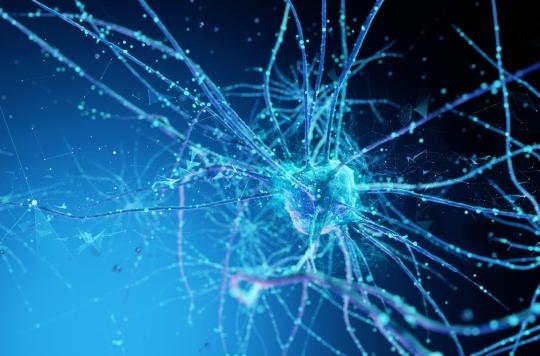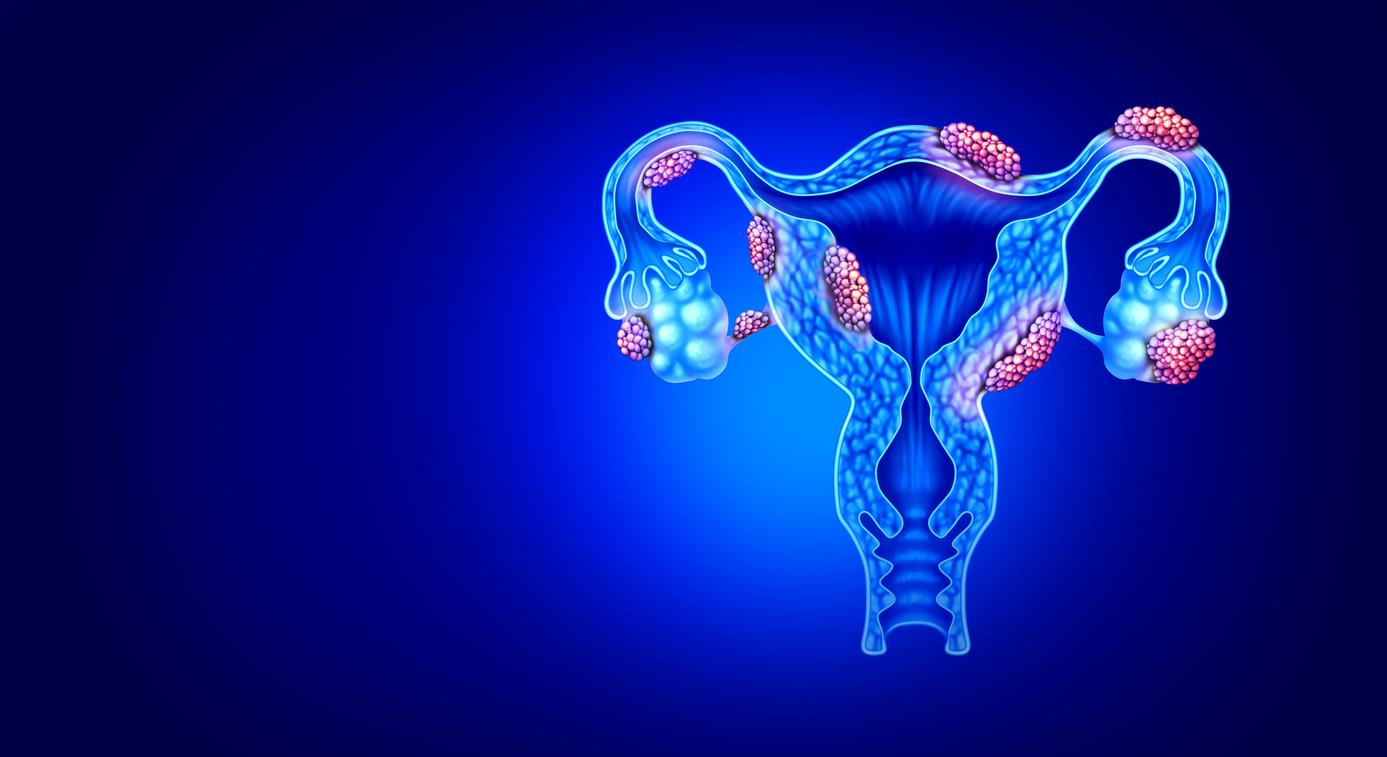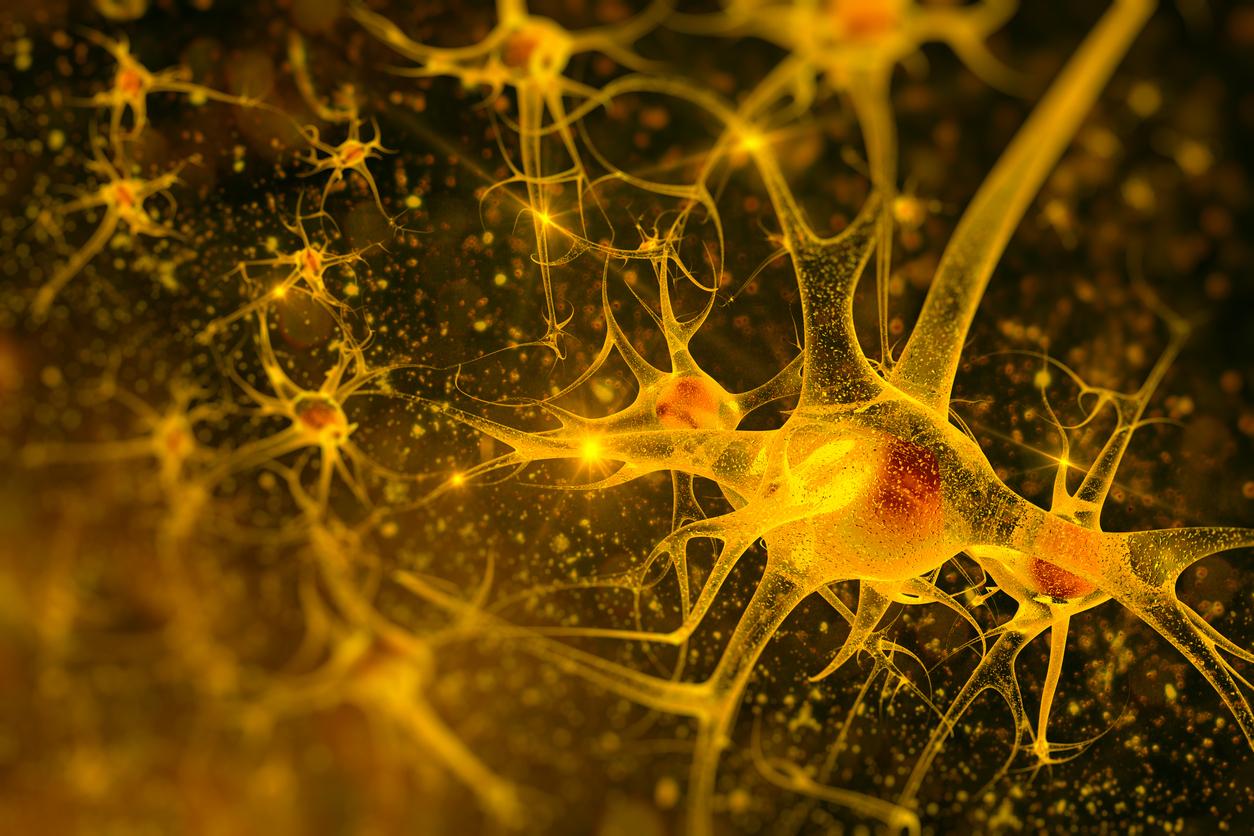Ketamine, a fast-acting antidepressant, works by increasing the activity of newly created neurons.

- Ketamine reduces symptoms of depression in just hours, whereas common antidepressants can take weeks to work.
- According to Inserm, 15 to 20% of the general population has been or will be affected by a depression disorder during their lifetime.
Blurred vision, nausea, vomiting, insomnia, drowsiness, dependence… This is the list of side effects of taking ketamine, a fast-acting antidepressant. For all these reasons, and despite its effectiveness on depression itself, its prescription is generally limited to a short duration.
Understand how ketamine works
Researchers therefore wanted to determine how ketamine acts on the brain. Their postulate was that once its mechanism was well known, it would be easier to limit its side effects and thus be able, by doing additional research, to prescribe it over the long term. Their work has just been published in the journal NatureCommunications.
Synapses that activate other brain cells
Neurogenesis is the process of forming a functional neuron of the nervous system from a neural stem cell which gives rise to cells capable of differentiating into neurons and integrating into the pre-existing circuits of the brain.
“We have proven that neurogenesis is responsible for the behavioral effects of ketamine (therefore of its effectiveness on depression), explains John Kessler, one of the authors. The reason is that these new neurons form synapses (i.e. connections between two neurons or between a neuron and another cell) which activate the other cells of the hippocampus. This small population of cells acts like a match, sparking a fire that triggers a whole lot of activity in many other cells.“.
Isolate new neurons to better study them
To reach this conclusion, the scientists conducted experiments on mice. The method was as follows: they isolated a population of neurons in these rodents, the new neurons. So they discovered that if they inactivated their cells, the ketamine no longer worked. In contrast, if they used the drug to activate them, ketamine was effective because it increased the activity of these new neurons.
Ketamine affects several regions of the brain
“When you give ketamine to patients, it affects several regions of the brain and causes many unwanted side effects, develops John Kessler. Since we now know which cells to target, we can design drugs to focus only on them.“.
Ketamine increases the activity of new neurons
Conventional antidepressant treatments work by increasing the number of new neurons. Ketamine, on the other hand, increases the activity of new existing neurons, which is much faster. “The goal is to develop an antidepressant that doesn’t take three to four weeks to work because people don’t get well during that time.continues John Kessler. If you’re really depressed and you start taking your medicine and nothing happens, that’s depressing in itself. Having something that works right away would make a huge difference“for patients.
So far, researchers have failed to understand why ketamine increases neuron activity but does not change their number. Research should be conducted to remove this unknown.


















